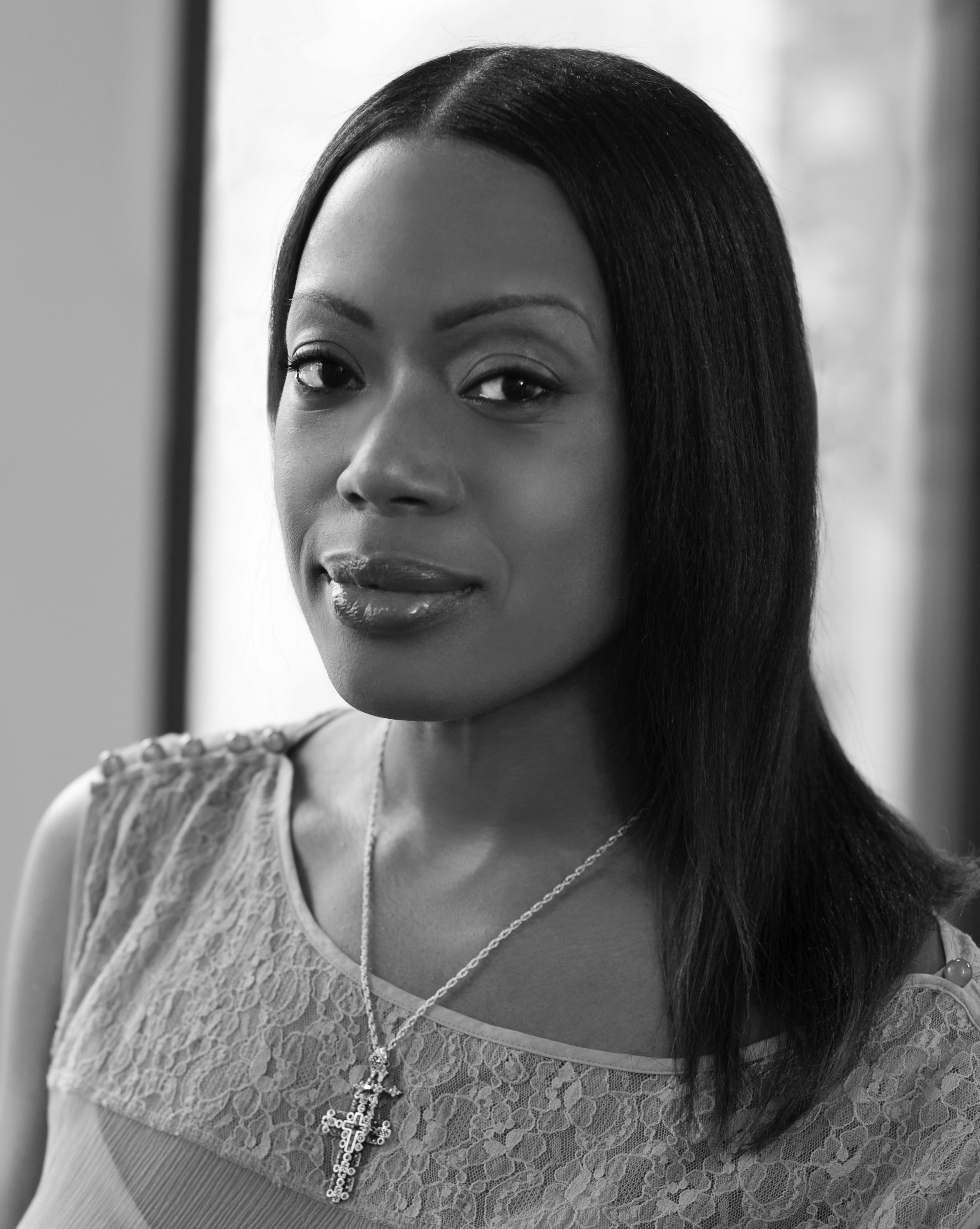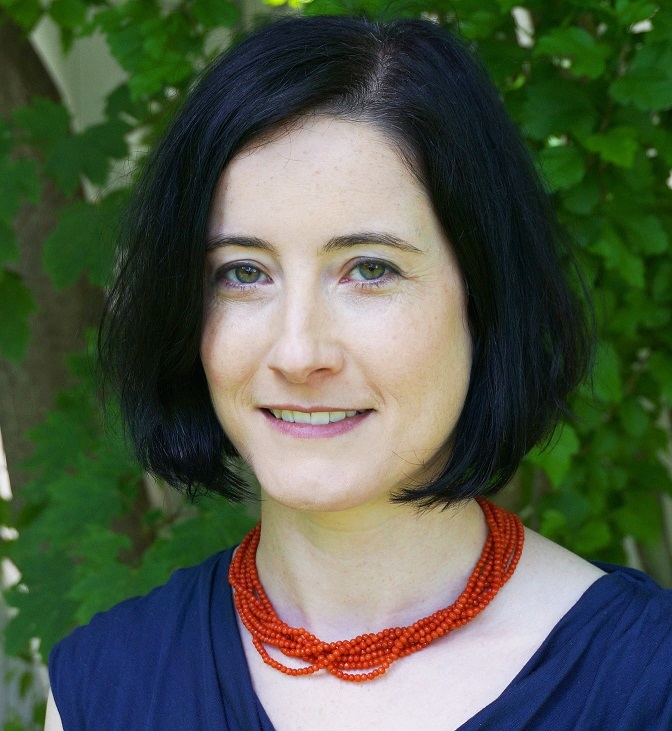Your Story, Your Journey: Pride at CFDA
June 13, 2019
Aldo Araujo
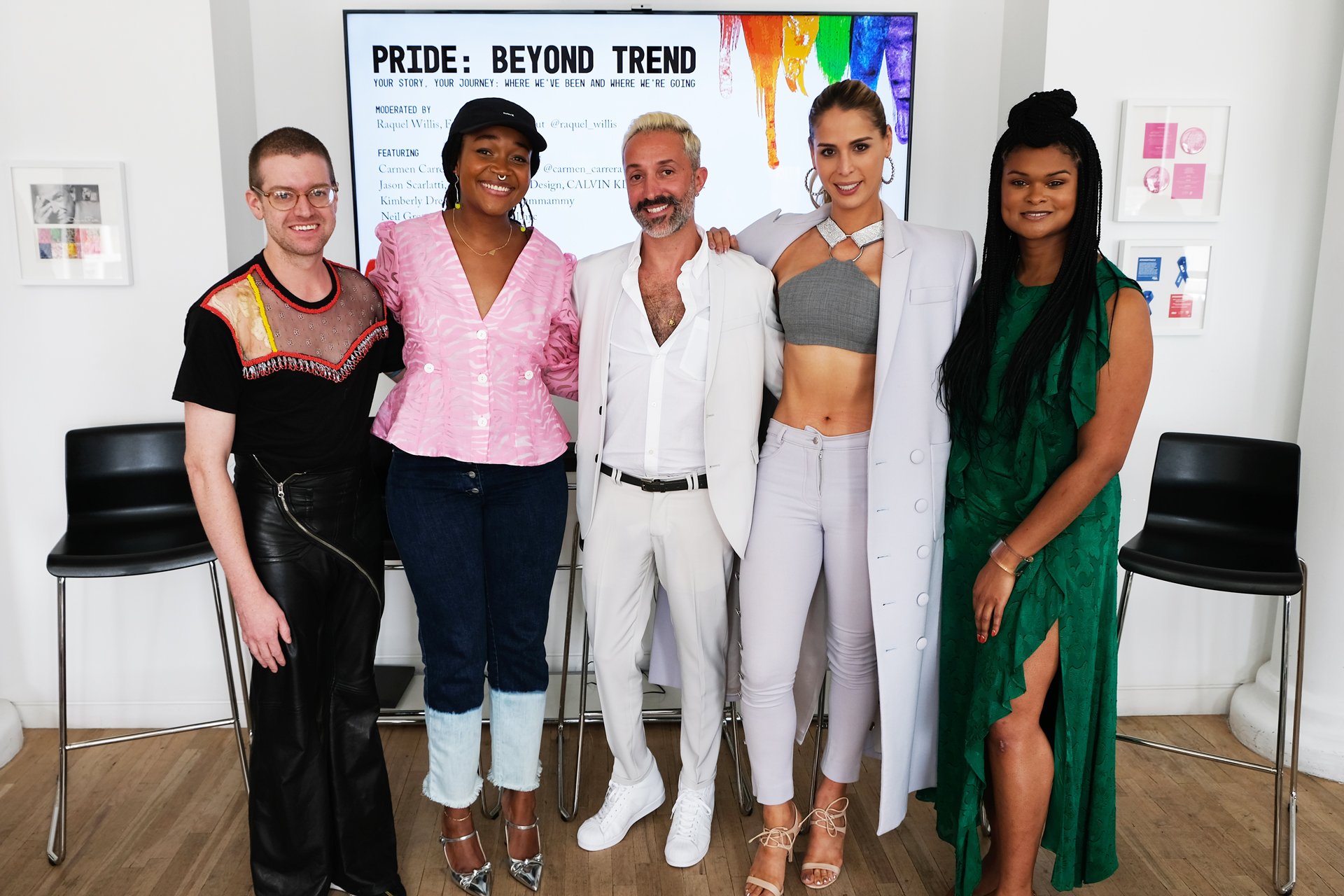

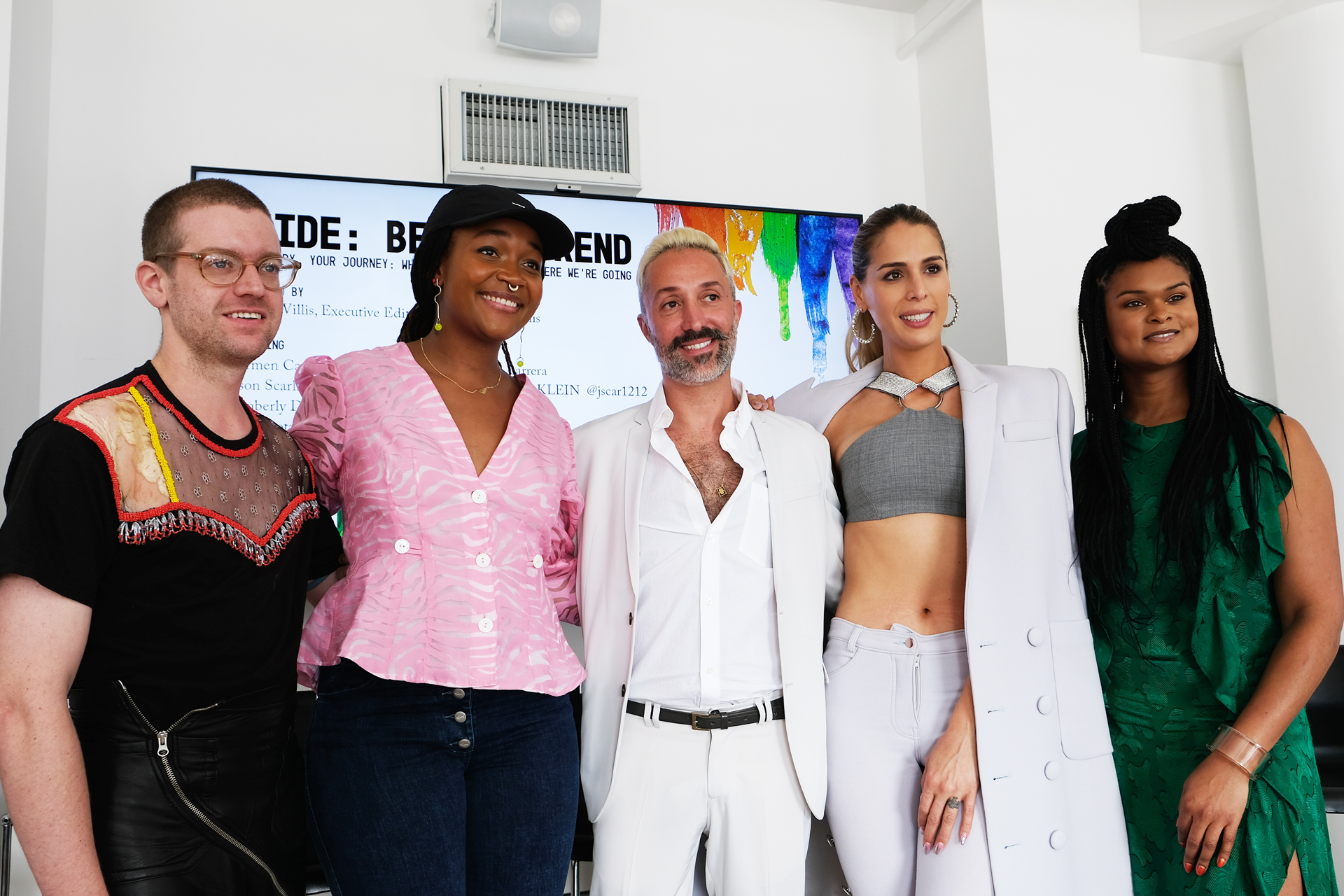
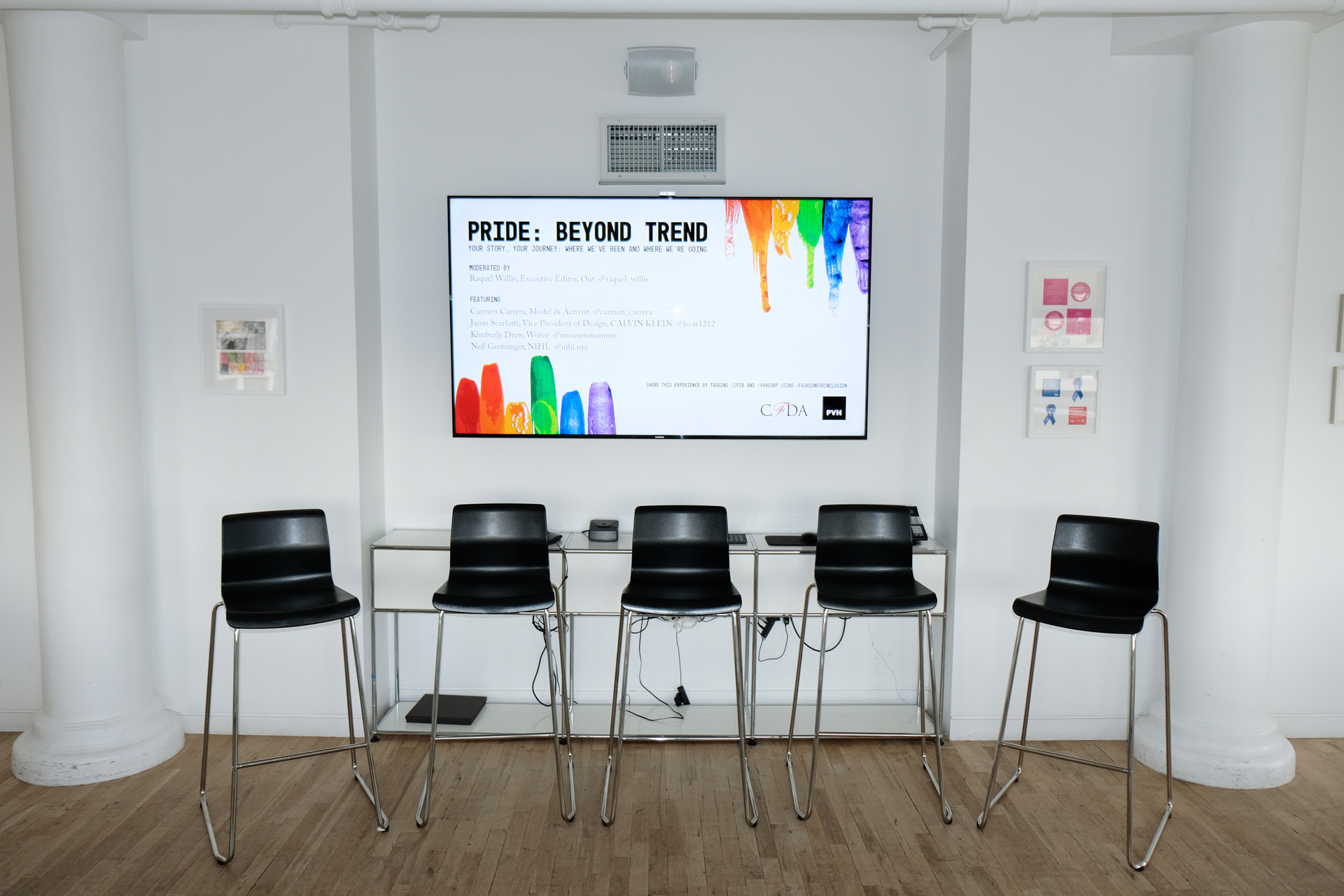
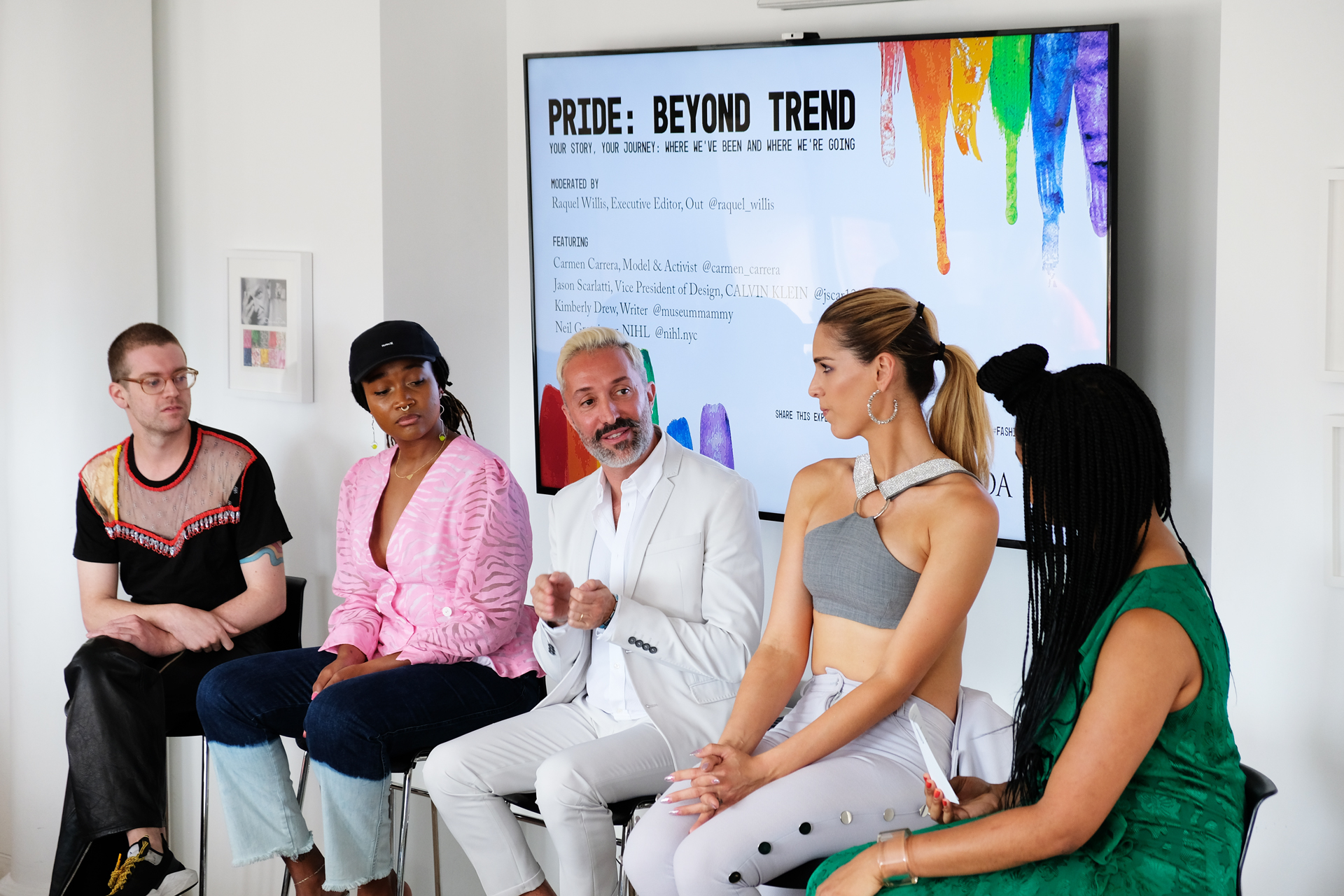
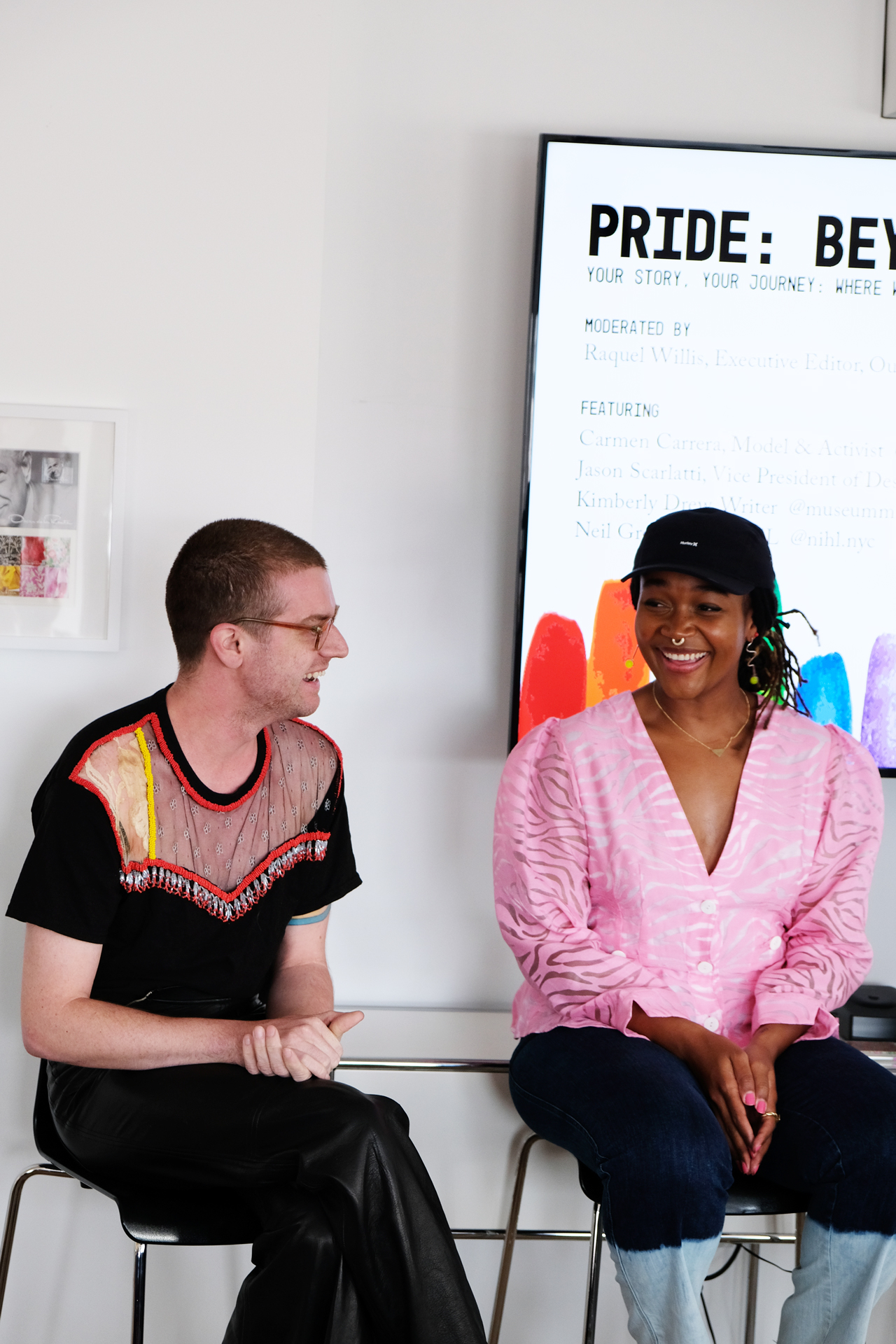
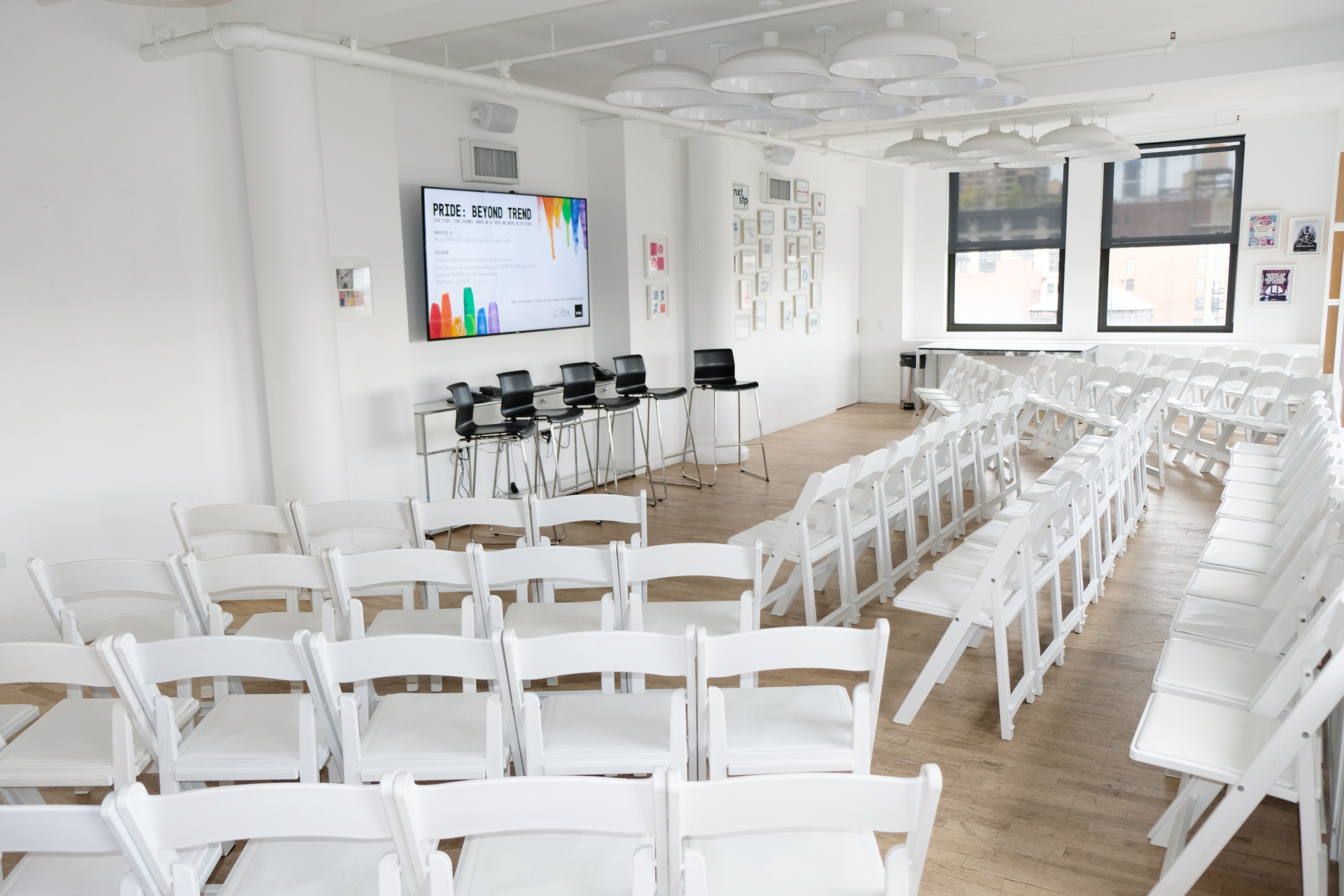

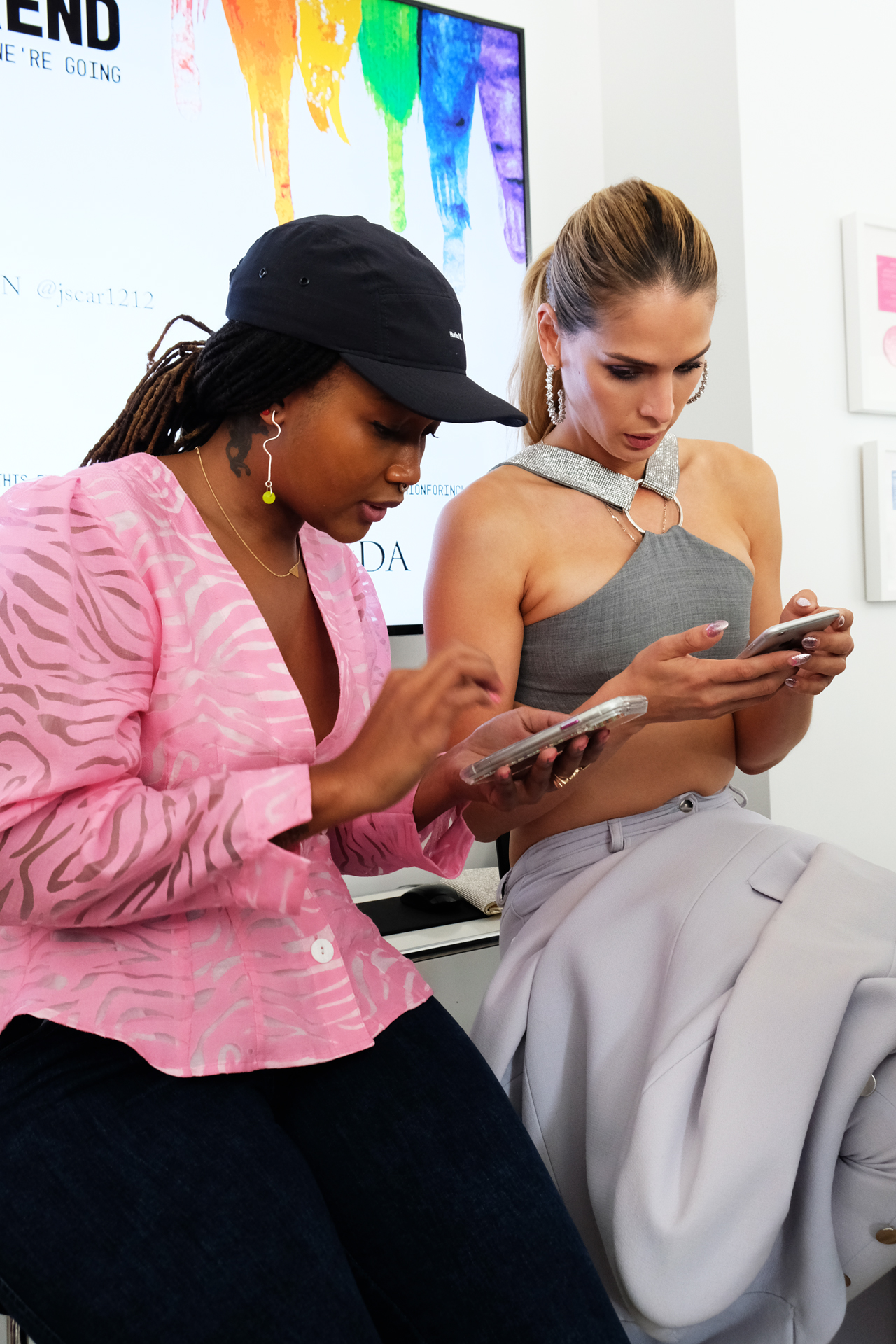
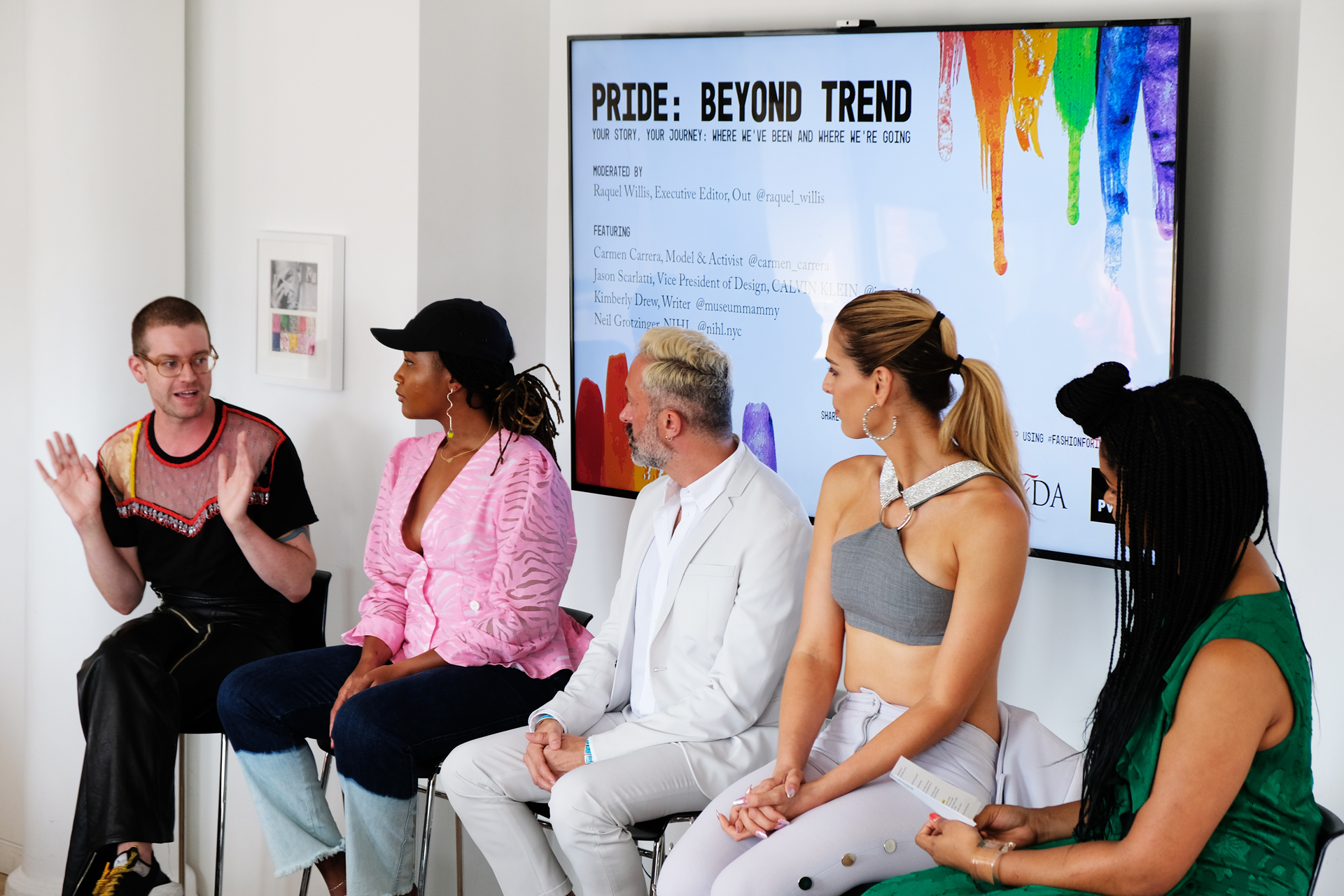
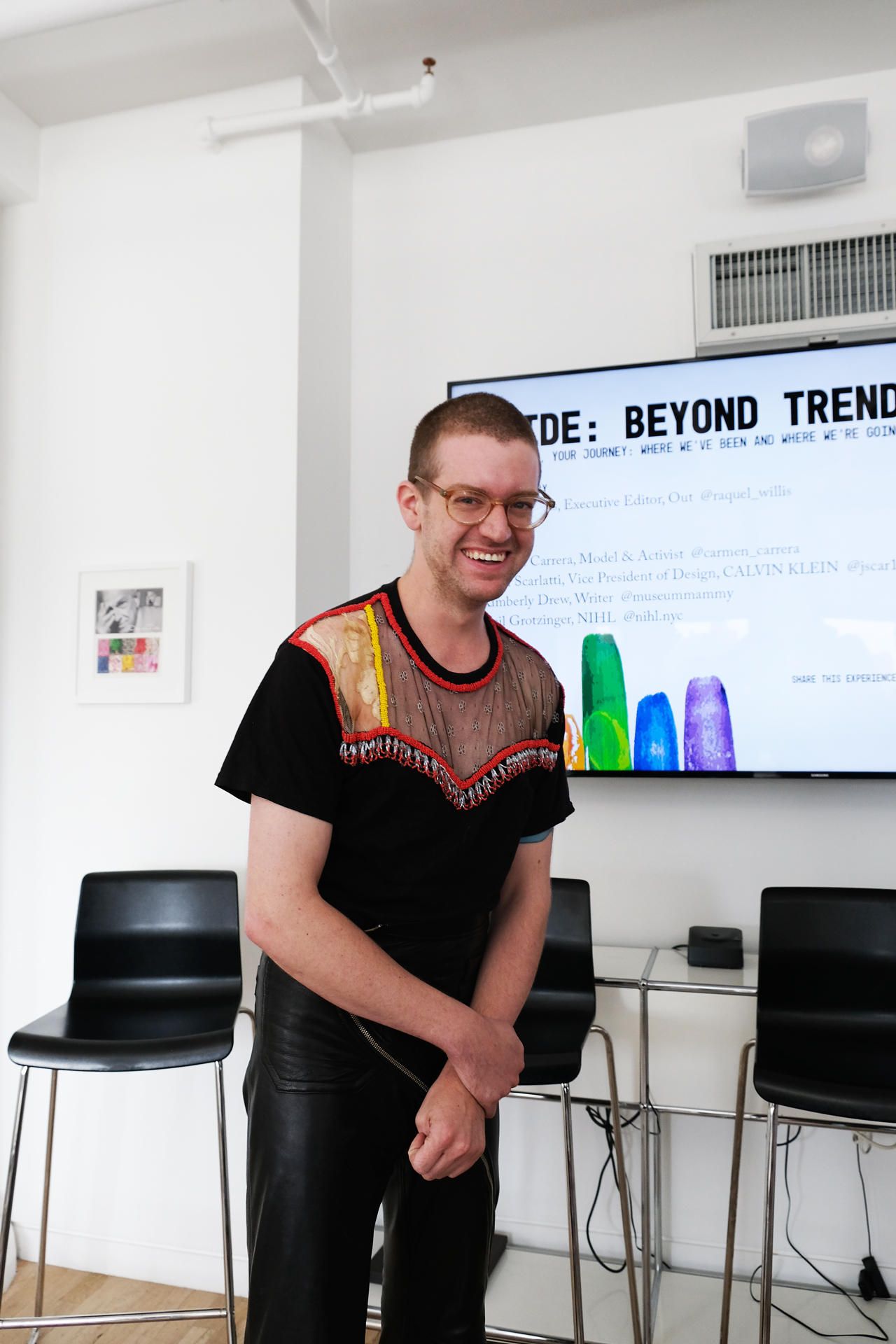
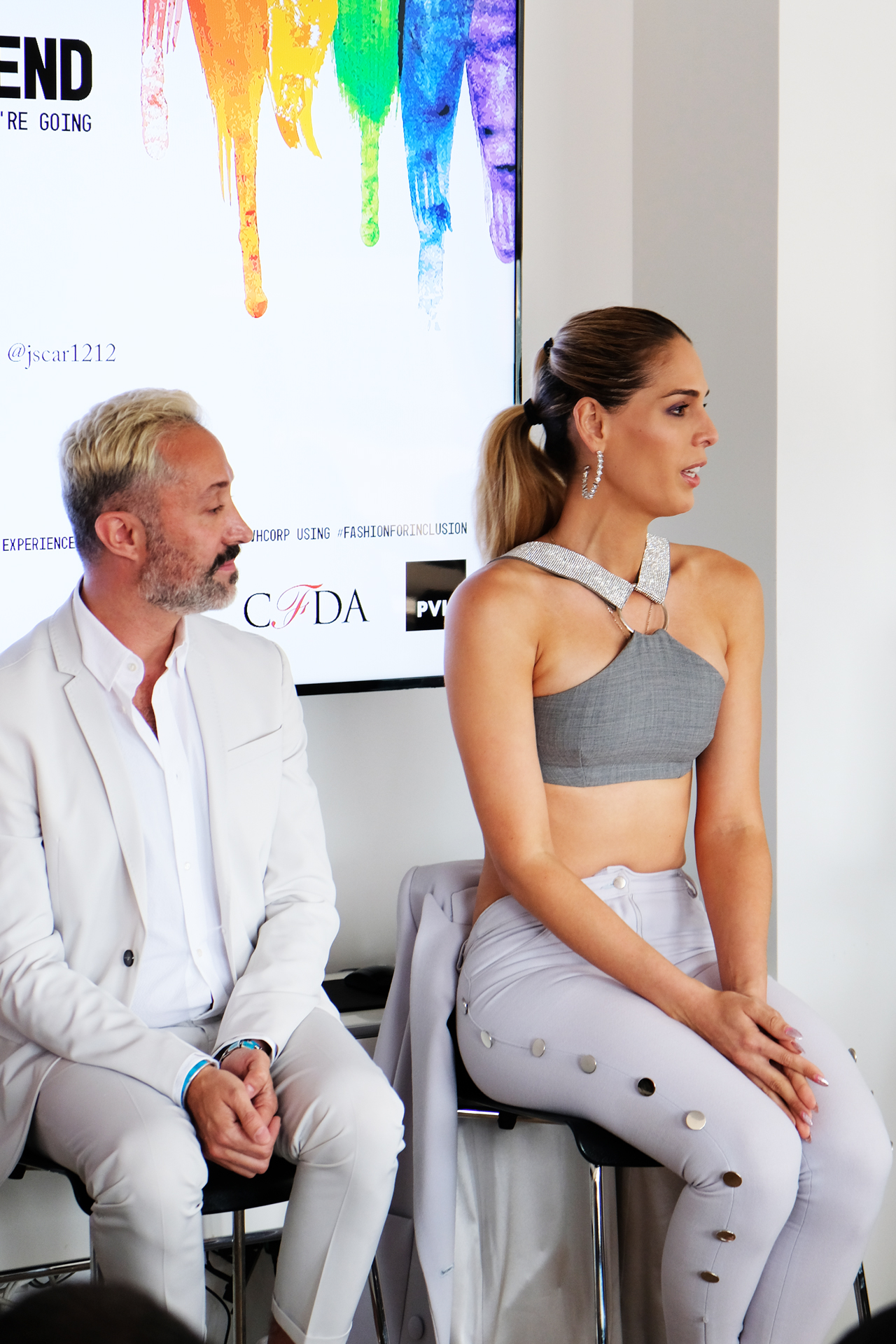
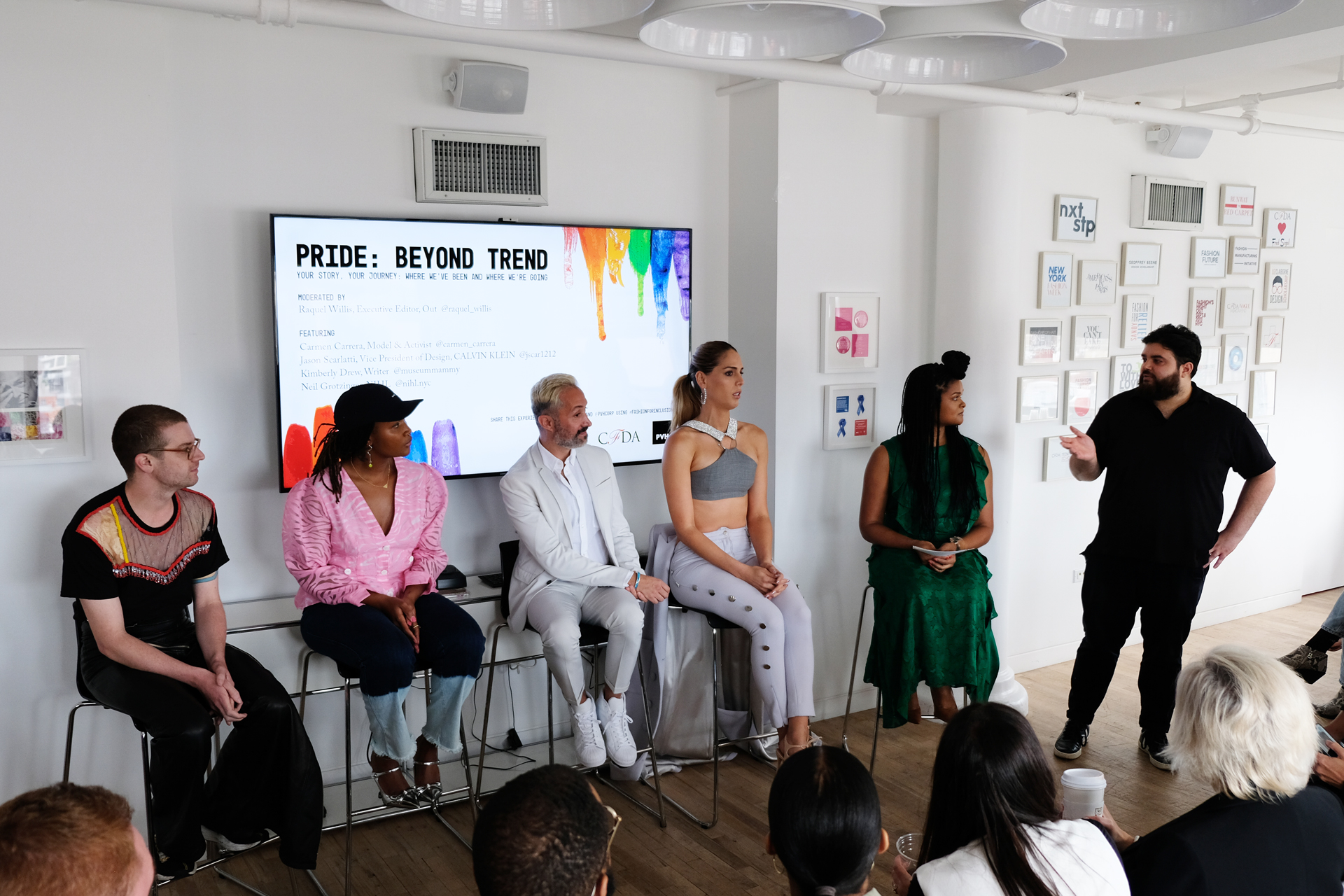
Neil Grotzinger, Kimberly Drew, Jason Scarlatti, Carmen Carrera, Raquel Willis
Neil Grotzinger, Kimberly Drew, Jason Scarlatti, Carmen Carrera and Raquel Willis
Neil Grotzinger, Kimberly Drew
Neil Grotzinger, Kimberly Drew, Jason Scarlatti, Carmen Carrera, Raquel Willis
Kimberly Drew, Carmen Carrera
Neil Grotzinger, Kimberly Drew, Jason Scarlatti, Carmen Carrera, Raquel Willis
Neil Grotzinger
Jason Scarlatti, Carmen Carrera
Neil Grotzinger, Kimberly Drew, Jason Scarlatti, Carmen Carrera, Raquel Willis, Joseph Maglieri
This is a year of milestones and anniversaries: the Stonewall Riots happened half a century ago; New York City is hosting World Pride 2019 for the first time, and on June 25, the CFDA and Susanne Bartsch are reviving Love Ball, 30 years after it first took place.
For the LGBTQ+ community, this is clearly a time to reflect, commemorate, and celebrate the progress made, while looking to the future and evaluating everything we have yet to accomplish. To that end, the CFDA, as part of an ongoing partnership with PVH Corp., hosted the Pride: Beyond Trend conversation on Tuesday, which gave LGBTQ trailblazers in the fashion community the opportunity to share their stories.
The panel featured model and activist Carmen Carrera; Calvin Klein Men’s Underwear Vice President of Design Jason Scarlatti; writer Kimberly Drew; and NIHL designer Neil Grotzinger.
Raquel Willis, executive editor of OUT and formerly the National Organizer for the Transgender Law Center, moderated the conversation around intersectionality, personal journeys, corporate sponsorships, representation, allyship and global queer issues.
As a writer, activist and media maven, her dedication to uplifting marginalized voices served as a vehicle to facilitate a conversation that led to key takeaways for brands looking to integrate Pride campaigns, capsules, and sponsorships in an authentic and meaningful way.
The morning kicked off with a moment of silence for 27-year-old Layleen Polanco, a trans woman of color who was murdered on June 7 in solitary confinement at Rikers Island jail complex. So far this year, 10 trans women were reported as murdered.
Tuesday served as a reminder that Pride is a fight and started with a riot, and although we’ve come far, there’s a lot more to keep fighting for. Here are the key takeaways:
Carmen Carrera
“Ever since my transition, I’ve been trying my best to take care of me first, but I always think of ways I can use my journey for the good and for the better. I have had to fight for every opportunity that I’ve had.
One of the most important things that I’m most thankful for is when the marketing team will sit me down and say, how do we market this the right way? What’s the right language? How can we make this feel less of a campaign and more of a story-telling experience where we can empower the community and educate those folks who don’t know some of the struggles that trans people face.
I would love for LGBTQ folks would tap into their power and understand their talent. That’s always been my journey – aside from my identity, to be in my power and showcase my talent to show the world. I want the younger generation of queer folks to understand that they have that capacity as well. Aside from figuring out who they are and being strong in that, we have an immense amount of creative power. If we really give ourselves the space to hone in on that craft and nurture it we could be limitless.”
Kimberly Drew
“There’s so much dynamism in the queer community and I just wonder when brands are making these choices: who is in the room, who are they serving, and who are they selling to? Are you selling a rainbow bag to a straight person? I want to see some rainbow bags in September, during the holiday season, and not just in June.
In many ways, I feel blessed to have so many identities running into each other. That mix affords me a complicated way of imagining what a room should look like and what spaces should look like. I hear things differently. I’m so obsessed with language because I’m a writer. I like taking the time with people to help develop a better language for all of us moving forward. For me, I don’t want to be in rooms that are inaccessible. I’ve been in rooms where the fashion industry panders to black people and there are only black people in a room. These issues affect us all. I don’t want to be in a room of all-anything. I don’t want to be in a room that’s homogenous, period.
I would say messiness is my legacy. I want to uplift Tourmaline because she is an amazing thinker, writer, and artist. Tourmaline has an amazing film called Happy Birthday, Marsha dedicated to the life of Marsha P. Johnson. In Marsha’s legacy, she and Sylvia [Rivera] were both messy. Messiness has been put under weird connotations about laziness, but I hope that the legacy is that you worked so hard, tried so hard, and thrust forward so hard that messiness is just going to happen. I don’t want people to feel like their tight in every space that they’re in. They don’t have to be perfect.”
Neil Grotzinger
“I think we see it as a gray area, but we don’t know how vast it is to be gender non-conforming or to be non-binary. It’s hard for us to know exactly what that means because the walls are still a little bit up and we’re still trying to break them down a little bit. In order for us to see all the shades of gray, it’s important for us to not be so reductive – we have to personify every single difference and identity in people.
A big part of how I design is trying to understand for myself how something can become something else, or what is the in-between? What are the hairline-fracture differences between things that you can call to attention?
That’s been a huge part of my coming out experience – understanding how I communicate to people who don’t understand where I’m coming from: what my life is like, who I am, and how I can change peoples’ minds. I grew up in such a conservative place so people didn’t understand who I was. Being able to have conversations about it has helped.
We should remember that Pride shouldn’t just be seen as a parade, but as a protest too.”
Jason Scarlatti
“Calvin Klein has a history of inclusion and diversity from the early 1990s with the CK ONE [fragrance], and we address it every single day at work. Since the day I walked in the door, we’ve been having that conversation. Right now, we make underwear for [all] people, and I love that mindset. We’re still open to evolving and learning.
I’m really proud that we’re present at the table having these conversations. Do we get it right all the time? Not always, but we’re there. Over the course of time, I’ve seen the opportunity for communication expand, providing opportunities for us to show diversity across the spectrum, which is fantastic. We’re there, we’re present, and we’re talking about it and that makes me really proud.
Get yourself outside of your point of view, step outside and have the opportunity to look at it from another angle. With communication can come some understanding. At the end of the day, we all bleed blood.”
